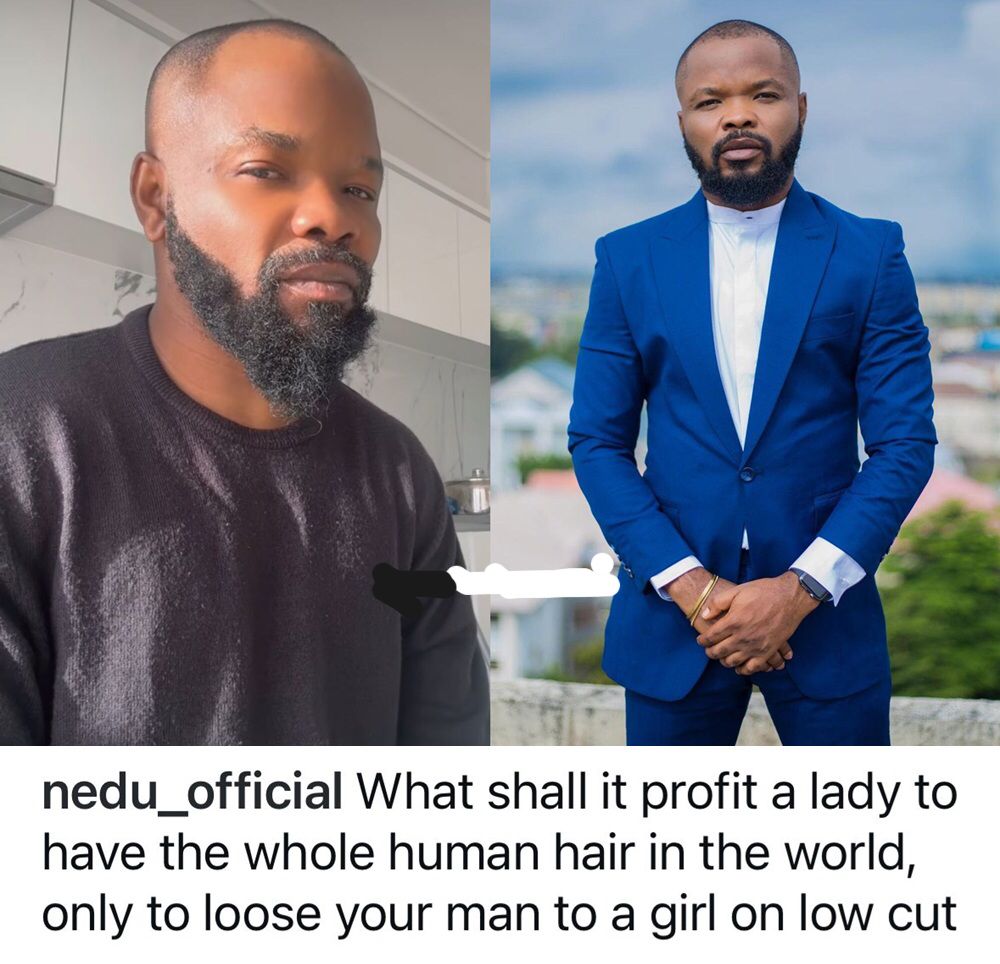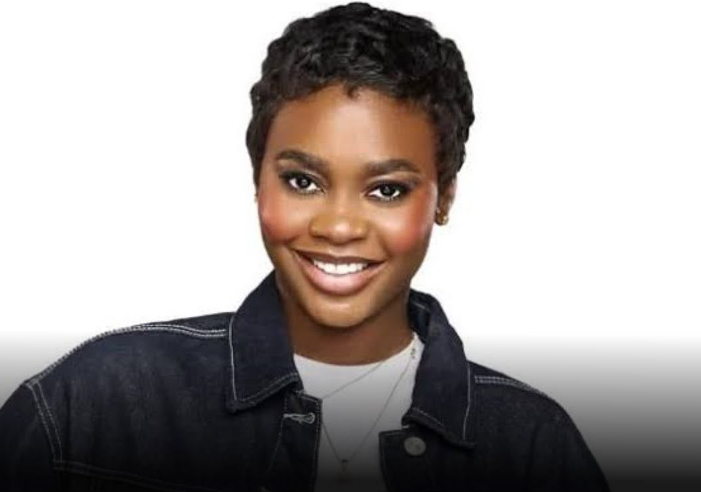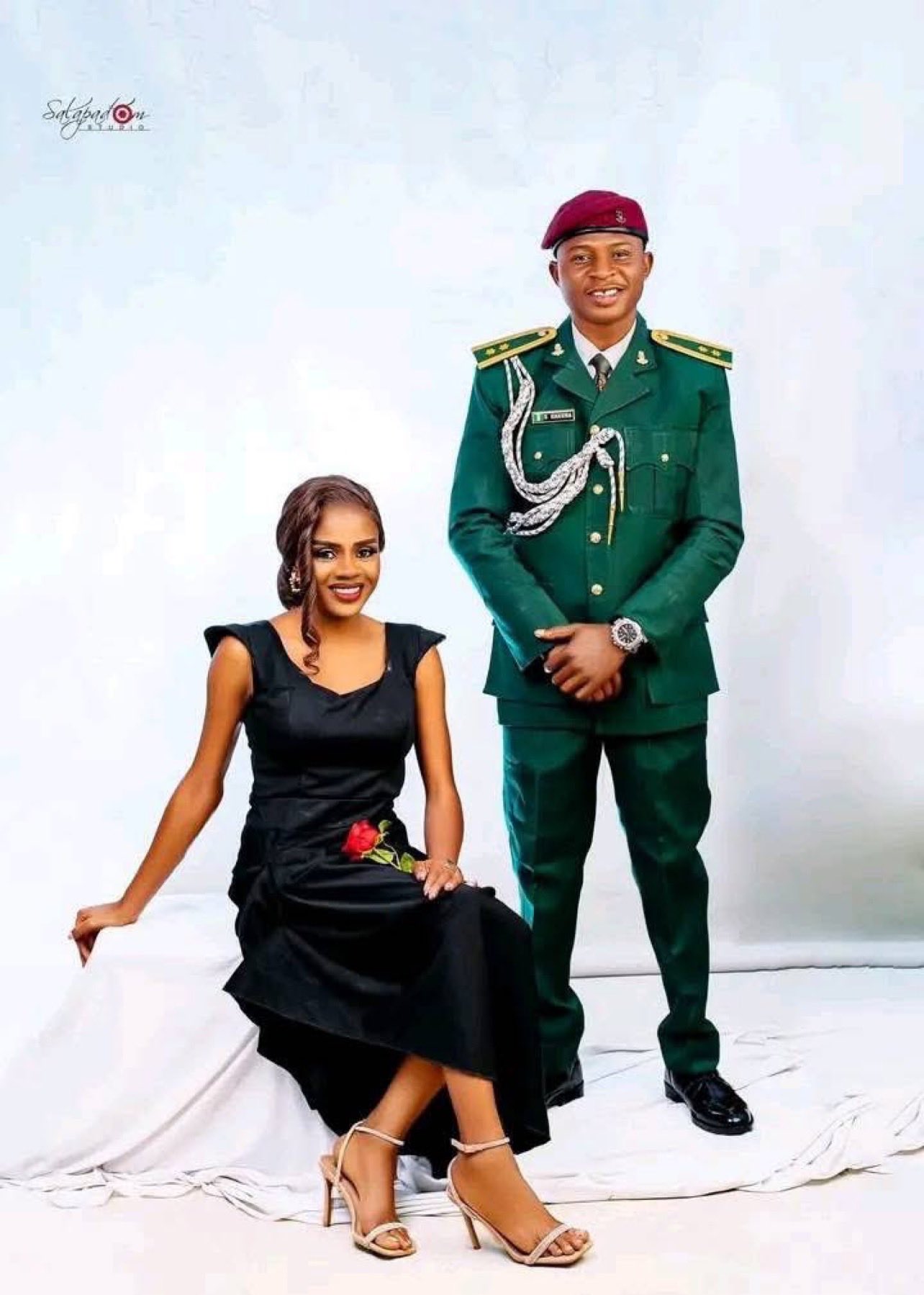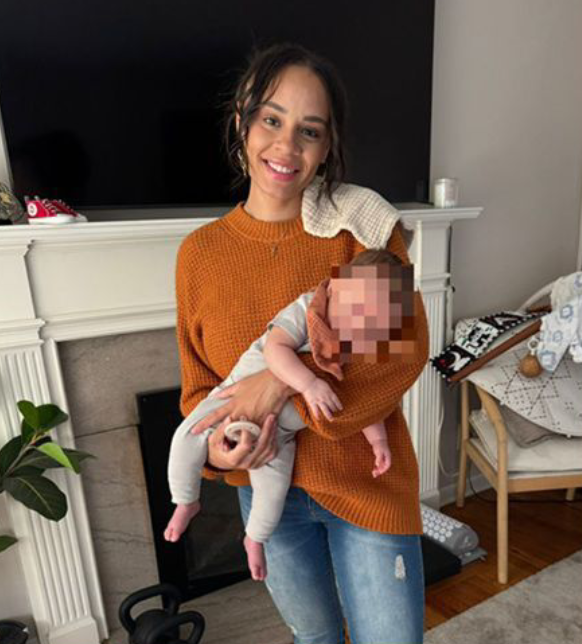
“What Shall It Profit a Lady?” — OAP Nedu Sparks Heated Debate With Hair vs. Love Dilemma

Popular Nigerian On-Air Personality, Nedu Wazobia, has once again lit social media on fire with a controversial yet thought-provoking question that has left many women rethinking their beauty standards and relationship priorities. In a post shared on his Instagram page, the outspoken broadcaster asked, “What shall it profit a lady to have the whole human hair in the world, only to lose your man to a girl on low cut?”
The post, accompanied by a cheeky smirk emoji and an image of Nedu in his classic satirical mode, instantly sparked a storm in the comment section, racking up over 40,000 comments in just 24 hours. As usual, Nedu’s wit was sharp, but beneath the humor lay a social commentary that hit many like a thunderbolt. What began as an offhand statement quickly turned into a national conversation, forcing both men and women to examine the evolving dynamics of beauty, attraction, and emotional intelligence in modern relationships.
The radio host, known for his blunt and unapologetic takes on gender issues, left the online space divided. On one end were women who felt personally attacked, calling the post another unnecessary jab at women’s self-care and investment in their appearance. “So now it’s a crime to look good for yourself? Human hair isn’t cheap, and if we decide to buy it, it’s our money and our choice,” one furious user fired back in the comments.
But on the other end, a surprising number of women admitted that the post struck a nerve because it carried a bitter truth. “Low-cut girls be winning in silence while we’re out here spending 300k on wigs that can’t keep a man loyal,” another wrote with a laughing emoji, half-joking, half-confessing.
Men, unsurprisingly, poured into the comments with their own hot takes. Some shared personal stories about preferring women who wear their natural hair or sport low cuts, claiming such women appeared more “real” or “humble.” Others simply applauded Nedu for saying what many men had been thinking but were too afraid to say out loud. One man commented, “Baba talk true! Give me a confident woman on low cut any day over someone who spends rent money on wigs.”
But while the post started as a question about hair, it quickly evolved into something deeper—an examination of how beauty standards, societal pressure, and even misplaced priorities can interfere with healthy relationships. Many users pointed out that human hair has become a status symbol among Nigerian women, especially with the rise of influencers and slay queens who equate expensive wigs with class, desirability, and success.
“This is not even about hair,” one social media analyst tweeted in response to the viral post. “It’s about how we’ve let appearances fool us into thinking that’s what keeps relationships. Meanwhile, it’s things like emotional maturity, support, and compatibility that actually matter. Hair is a bonus, not a foundation.”
Others noted how ironic it was that a woman could spend hundreds of thousands on inches of Brazilian or Peruvian hair, only for her boyfriend or husband to be secretly in love with a girl who rocks a simple TWA (Teeny Weeny Afro) or fades her sides every Saturday at the barbershop.
A few voices in the online debate also reminded Nedu that it’s not just women who are held hostage by beauty standards. “Let’s talk about men spending millions on cars, phones, and watches to impress women, only for her to end up with the guy who takes danfo and buys suya on the roadside. Nobody is safe in this game,” one female user clapped back.
Interestingly, some stylists and beauty business owners joined the conversation, with a few defending the industry that feeds off the very obsession Nedu was criticizing. “Let’s not pretend like human hair doesn’t boost confidence. If it makes a woman feel like a queen, why should she stop?” a popular hair vendor asked, while also admitting that the focus on external appearance can sometimes overshadow internal growth.
However, the most pressing question that emerged from the buzz wasn’t about hair or even relationships—it was about identity. In a society where women are often taught that their worth is tied to how they look, how much they weigh, or how well they can “slay,” what does it mean to be truly valued? Nedu’s post, whether intentionally or not, pulled the mask off a larger insecurity plaguing many young Nigerian women: the fear that no matter how much you invest in your appearance, it may never be enough to hold a man’s attention, let alone his commitment.
Some therapists and relationship coaches weighed in, urging women to reflect more on the qualities they bring to a relationship beyond aesthetics. “Confidence is sexy. Self-awareness is attractive. Emotional intelligence is magnetic,” one counselor wrote. “You can wear the most luxurious wig, but if you’re insecure, jealous, or controlling, it won’t matter. And the same goes for men.”
As the debate simmers on, one thing is clear: Nedu’s post did more than ruffle feathers—it exposed a generational struggle. A clash between old-school values and new-age expectations. Between natural and artificial. Between perception and reality. And while some will continue to argue that hair is just hair, others now see it as a metaphor for a much deeper crisis in love and identity.
Whether you agree with Nedu or not, his question—provocative and loaded—has reignited conversations that needed to be had. Not just about the politics of hair, but about how much of ourselves we are willing to lose in pursuit of acceptance, status, or validation.
And perhaps the most important question isn’t whether human hair is worth it, but rather: what shall it profit anyone to invest so much in outer beauty, only to neglect the heart that truly sustains love?


